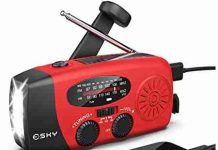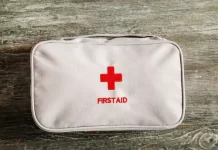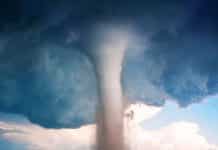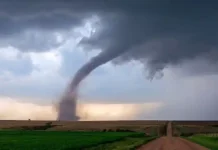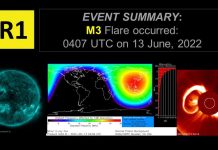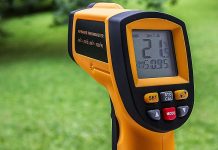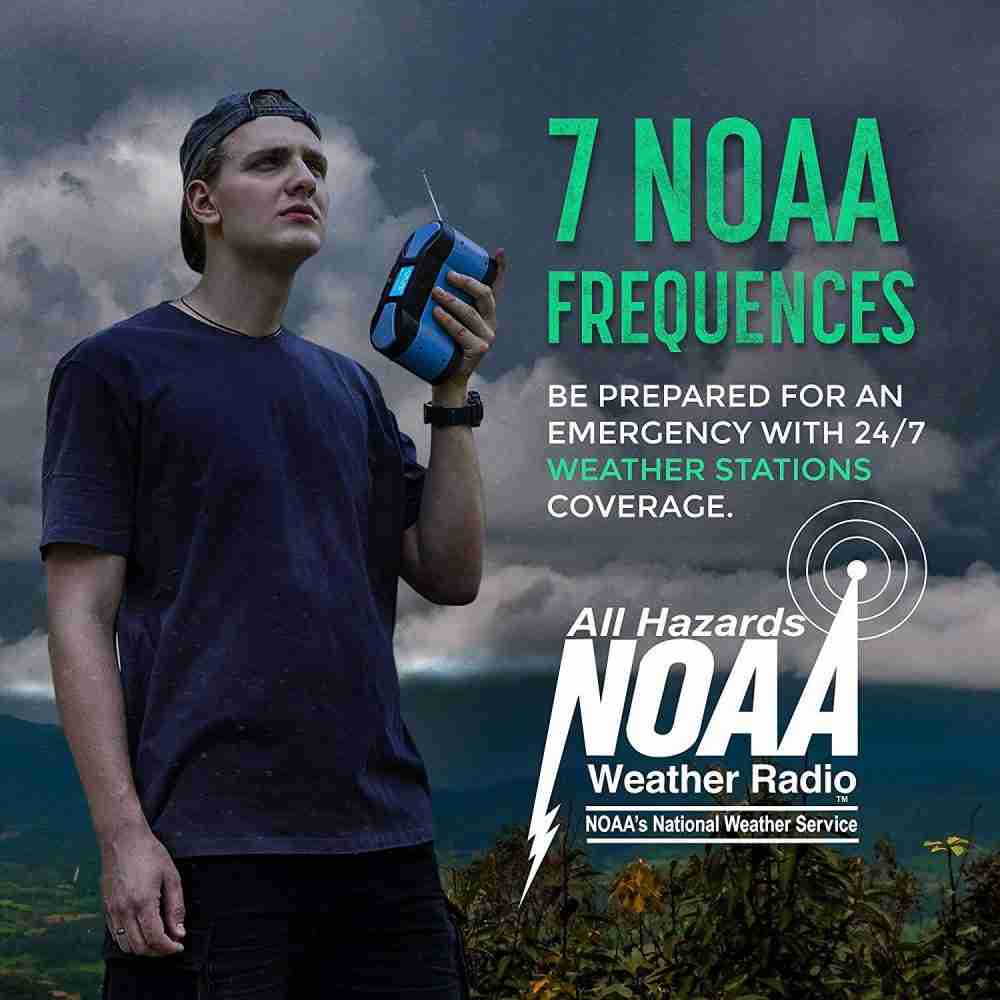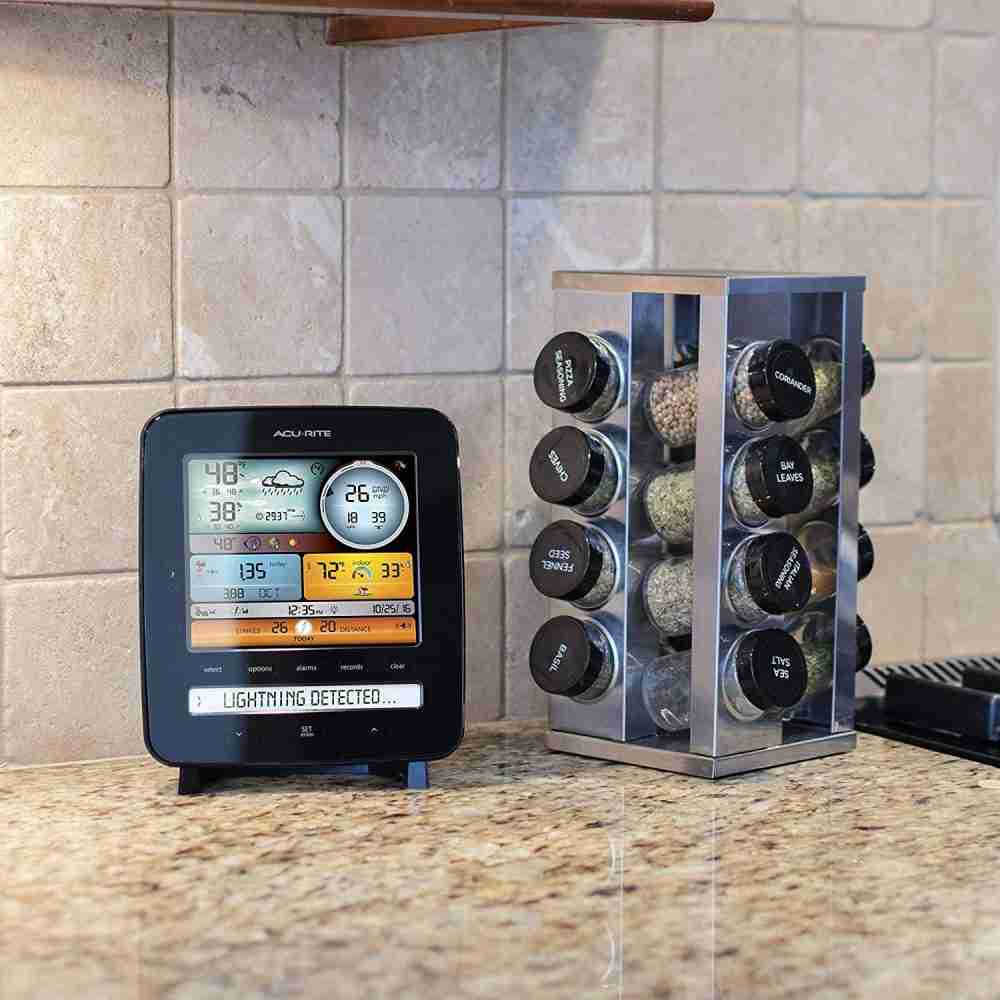Have you ever wondered if your emergency radio can receive life-saving NOAA weather alerts? Look no further! In this article, we will explore whether emergency radios are equipped to receive these crucial alerts that can help keep you informed and safe during severe weather events.
From tornadoes to hurricanes, we’ve got you covered as we unravel the capabilities of emergency radios when it comes to receiving NOAA weather alerts. So, let’s discover if your emergency radio is your best ally in staying informed during emergencies.
Can Emergency Radios Receive NOAA Weather Alerts?
Overview of emergency radios
Emergency radios are portable devices designed to receive and broadcast important information during emergencies. They are essential for staying informed and prepared for any weather event or natural disaster. These radios often come equipped with many features, including the ability to receive NOAA weather alerts.
Introduction to NOAA weather alerts
NOAA, or the National Oceanic and Atmospheric Administration, is a government agency responsible for monitoring and providing weather forecasts, warnings, and alerts across the United States. NOAA weather alerts inform the public about potentially hazardous weather conditions, such as severe storms, hurricanes, tornadoes, and other natural disasters. These alerts serve as a critical source of information to help individuals and communities take necessary precautions and stay safe during dangerous weather events.
Functionality of emergency radios in receiving NOAA weather alerts
Emergency radios that are equipped to receive NOAA weather alerts have built-in receivers capable of picking up specific frequencies used by NOAA’s Weather Radio All Hazards (NWR) network. This network broadcasts continuous weather information and alerts, making it accessible to anyone within its range. By tuning into the appropriate frequency, emergency radios can receive these alerts in real-time, keeping users informed about weather conditions in their area.
Types of emergency radios that can receive NOAA weather alerts
Various types of emergency radios are available in the market, and not all of them can receive NOAA weather alerts. However, many radios specifically designed for emergency preparedness do include this functionality. These radios may be battery-powered, hand-cranked, or solar-powered, ensuring they can be operated even during power outages or when other energy sources are unavailable. Some models also offer additional features, such as built-in flashlights, USB charging ports, and even the ability to charge smartphones or other electronic devices.
The importance of NOAA weather alerts
NOAA weather alerts are crucial in protecting individuals and communities during severe weather events. These alerts provide timely and accurate information about potential threats, allowing people to take necessary actions to protect themselves and their property. When equipped with an emergency radio capable of receiving NOAA weather alerts, individuals have an extra layer of protection and can stay informed even if other communication channels are unavailable.
Benefits of emergency radios with NOAA weather alerts
The inclusion of NOAA weather alert functionality in emergency radios offers numerous benefits. Firstly, it provides a reliable, direct source of information about impending weather events without relying on television, the Internet, or cellular networks. This is particularly useful when power outages or infrastructure damage may disrupt traditional communication channels. Additionally, emergency radios with NOAA weather alerts often have long battery life and alternative power sources, ensuring that users can access critical information during extended periods without electricity.
Limitations of emergency radios in receiving NOAA weather alerts
While emergency radios with NOAA weather alerts are highly beneficial, it is important to note their limitations. The range of these radios can vary depending on factors such as terrain and atmospheric conditions. The reception may be weaker or unavailable in mountainous or remote areas. Additionally, emergency radios rely on the coverage of the NOAA Weather Radio All Hazards network; in some areas, this coverage may be limited or non-existent. It is essential to be aware of these limitations and explore alternative ways to receive NOAA weather alerts if necessary.
Alternate ways to receive NOAA weather alerts
In situations where emergency radios may not be the most effective means of receiving NOAA weather alerts, alternative options are available. Many smartphones have built-in weather alert capabilities, allowing users to receive notifications directly on their devices. Mobile apps that provide NOAA weather alerts are another popular option. Additionally, some local television and radio stations also provide weather alerts, ensuring that individuals have multiple sources of information during emergencies.
Tips for using emergency radios to receive NOAA weather alerts
To maximize the effectiveness of emergency radios in receiving NOAA weather alerts, there are a few tips to keep in mind. Firstly, it is essential to have fresh batteries or alternative power sources readily available to ensure the radio remains operational during emergencies. Regularly checking and updating the radio’s programming settings to include the correct frequencies and codes for NOAA weather alerts is also crucial. Finally, it is recommended to periodically test the radio’s reception in different locations to determine areas of optimal coverage.
Conclusion
Emergency radios that can receive NOAA weather alerts are an invaluable tool for staying informed and prepared during severe weather events and emergencies. These radios provide a direct and reliable source of information, ensuring individuals have up-to-date knowledge about potential threats in their area.
While they may have limitations regarding range and coverage, alternate methods, such as smartphone apps and local media outlets, can be used as backup options. Individuals can enhance their preparedness and safety during hazardous weather conditions by utilizing emergency radios and exploring alternative means of receiving NOAA weather alerts.


